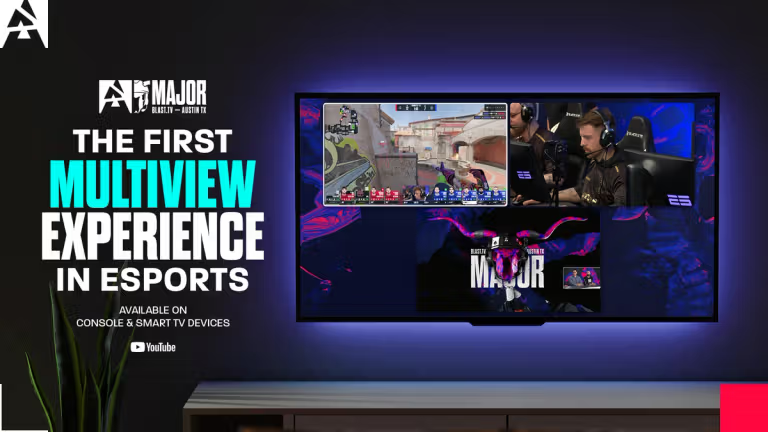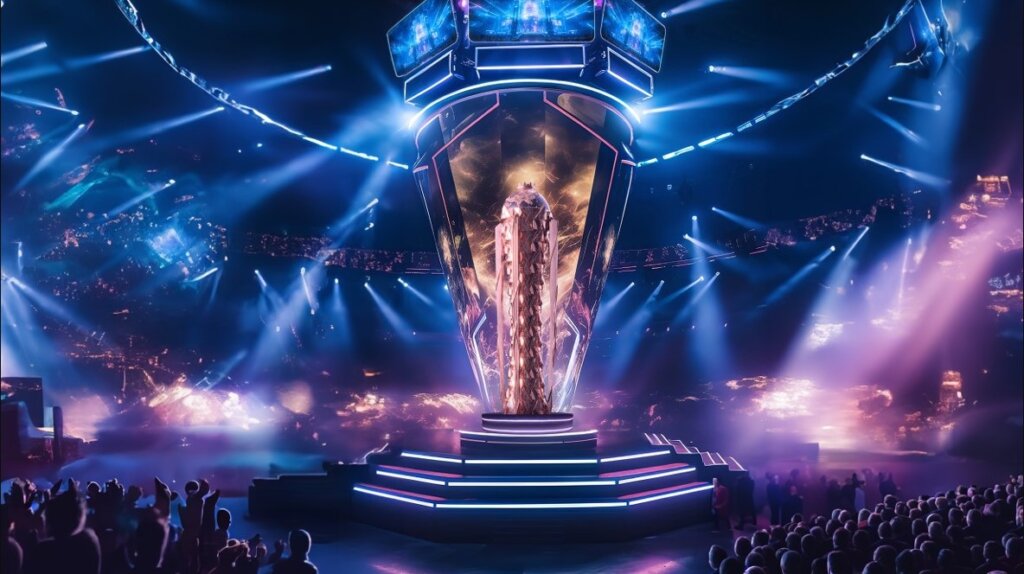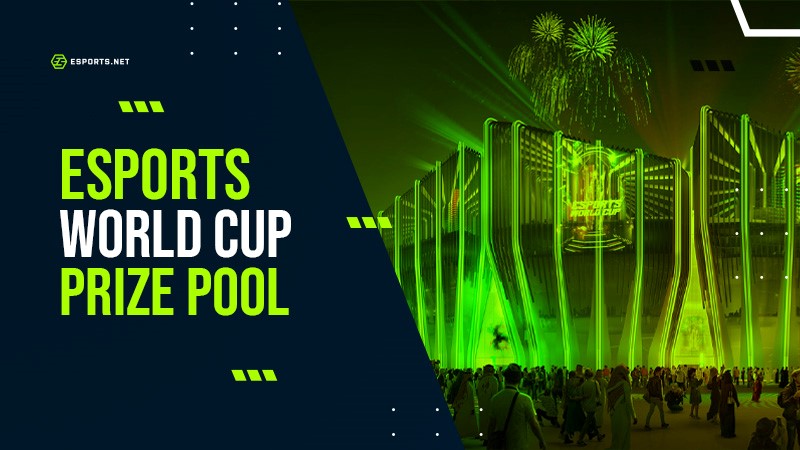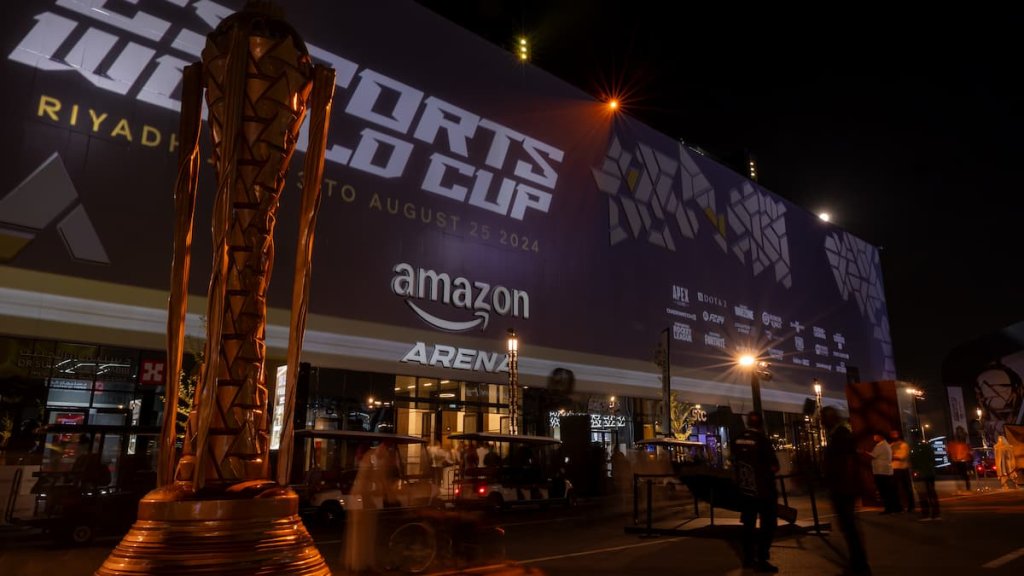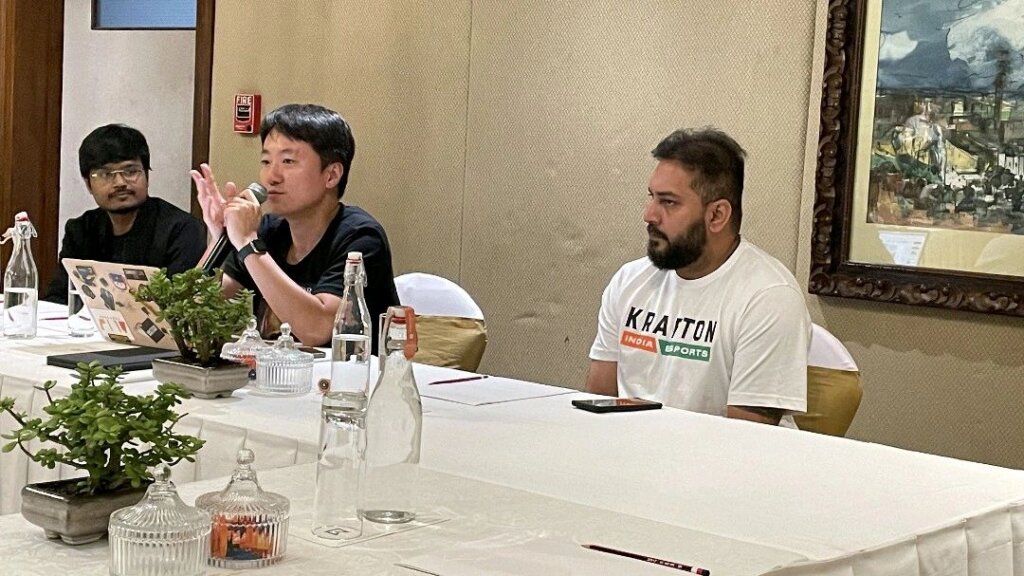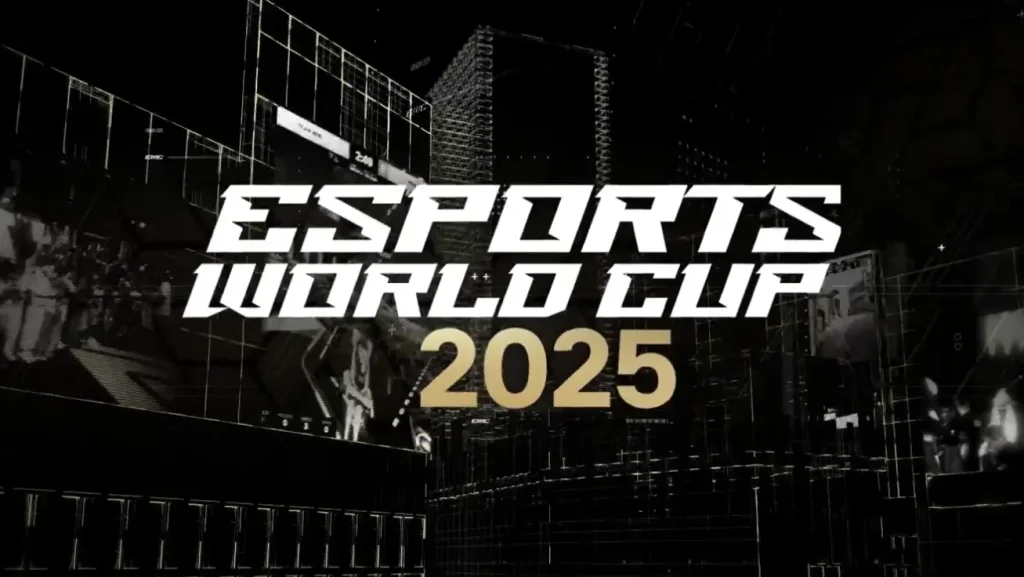
Backlash and public outcry at Unity over pricing policy – What can be done?
In a move that sent shockwaves through the gaming community, Unity Technologies recently announced a new runtime fee policy for games developed on its platform. The announcement was met with widespread criticism, forcing the company to reconsider its decision.
The initial policy, slated to take effect on January 1, 2024, would have imposed a developer-paid fee for any Unity game surpassing 200,000 installations, in addition to the existing monthly subscription costs.
The outrage was quick and heavy, and at this stage there is very little Unity can say and do to save face.

Community Backlash
Unity’s proposed fee structure was quickly labeled as a blatant act of corporate greed, especially considering the company’s CEO, John Riccitiello, has a history of similar monetization strategies during his time at Electronic Arts.
[column size=”1/2″ last=”false”]The policy was particularly concerning for developers of free-to-play games, which rely on microtransactions and would be severely impacted by the additional install fees. Unity’s vague promise of “proprietary tools” to detect fraudulent installs did little to alleviate concerns.
The gaming community didn’t hold back their opinions. Popular streamer @Asmongold tweeted:
“Y’all not going to get off this like some video game apology with weak-willed gamer nerds. People need to build a future with a design engine, and the trust is already broken. No one going to build a castle on sand after your nonsense.”
Developer @timsoret was more constructive, stating:
“Please, either a total revert or a standard revenue share. Also, respect the TOS of each version and don’t try any shady maneuvers. We need stability. The engine’s evolution since 2017 has been disappointing.”
@coyote_knight didn’t mince words either, reminding everyone:
[/column][column size=”1/2″ last=”true”]“Never forget that Tony Tortellini (presumably referring to John Riccitiello) is a former CEO of EA, and that’s where his greediness stems from.”

Clutch meme from @kommanderkarl
Unity’s Response
Unity has since taken to social media to announce that they are revising the policy. While details are scant, the company has promised changes that sound promising but are yet to be detailed. The gaming community remains skeptical, and it’s clear that Unity has a long road ahead to regain trust.
None of the influencers and commenters bashing on Unity are sold on this statement and its merits.
This begs the question:
What can Unity even do at this stage?
Full reversal of their policy won’t persuade developers and users that the decision will hold. Unity has tarnished itself, and a threat of a policy change will always be there.
The only way forward is for the company to put a perpetual license per version with no possibility of changes retroactively. Even then, developer trust is already shaken and this will only soften the blow for current projects and developers to complete their ongoing work.
If the outrage holds, Unity will have to do a complete 180 and actually subsidize new developers to use their product, or pray UE and other engines also join the dark side with their own policies.
Read next: Rainbow Six Mobile Release Date: When Is It Coming Out?
